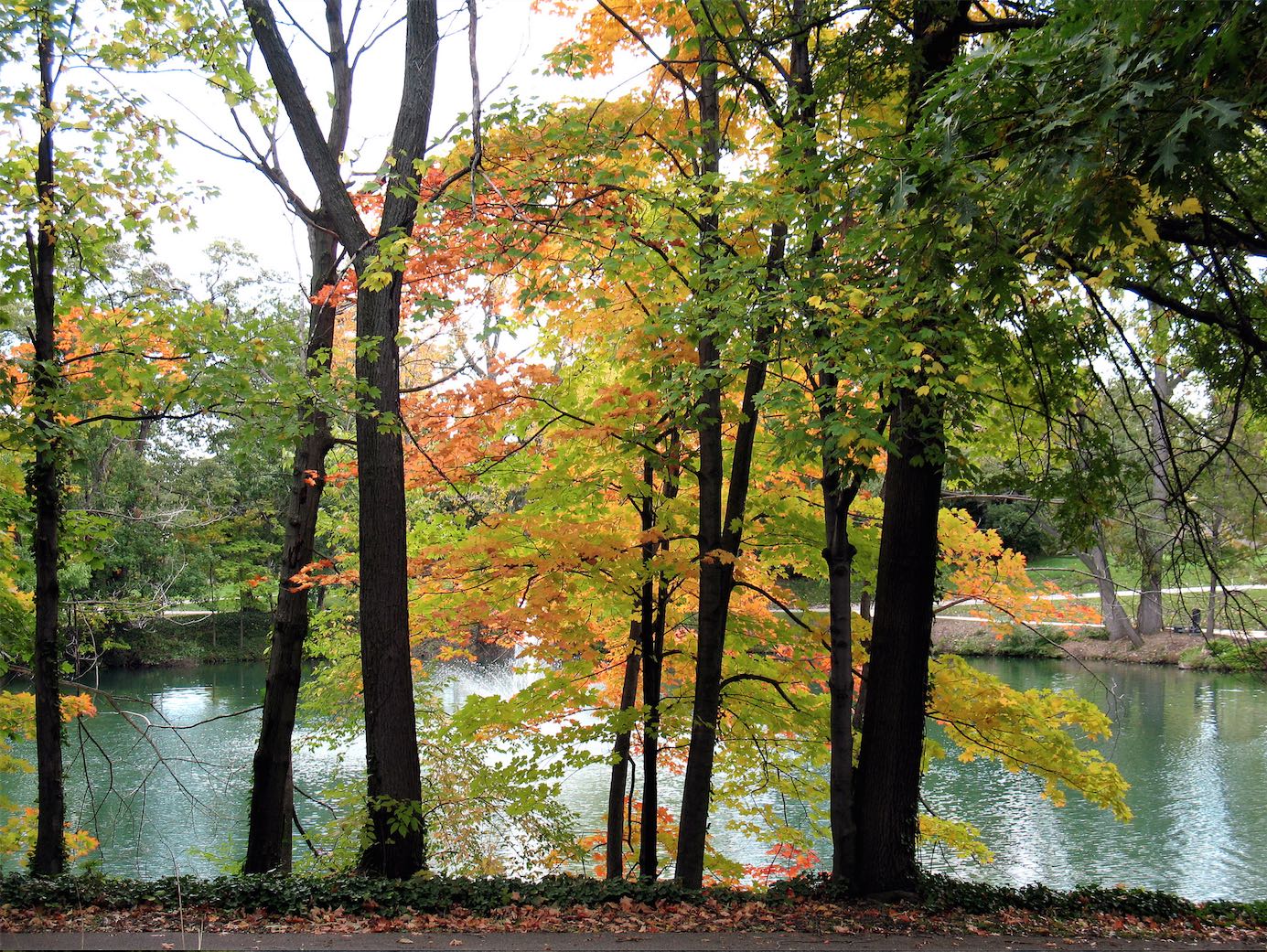DAVID BEDRICK
Certain techniques can ease our distress, relieve some of our pains and complexes, but our deepest difficulties and chronic struggles are looking for more than relief, they are looking for the next life.
Depression
The word comes from the latin “depressare”— to press down. Our culture heavily favors being “up” and many of us have internalized this bias. Mainstream psychology also fails to be more even handed as it works to “anti-depress” folks, suggesting psychopharmaca, exercise, diet changes, talk therapy, and activities to lift us up. This bias devalues our downward motion at significant cost to our wellbeing. For example, “down” can take us into deep feelings that get left out of a fast moving, reasonable, and productive life — feelings that can moisten life and make connections with people, animals, and earth more likely. For others, going “down” leads them to forgotten visions of what life can be- visions of different careers, values, relationships, and reasons to be alive.
I say “Yes” to going upward; I also say “Yes” to going downward. Because “up” is already supported and favored, most of us need support for our downward movement. So next time you see a person who looks down (including yourself) stop for a moment and think "I wonder what kind of beauty, power, and richness they're seeking."
Stress
Some stress needs to be amplified rather than relieved, and the power behind the stressor needs to be integrated. Consider this: When I teach psychology to massage students, I ask them how they would help me with the stress in my shoulders. Almost every student rubs my shoulders in order to relax them. That's the conventional paradigm — relieve my stress.
However, this approach doesn't work all the time. Specifically, when you massage some people's shoulders, instead of becoming more relaxed, their shoulders move around and push upward against the massager's hands. That person's body is saying, "You are putting me in touch with an energy in me that wants to push back, to be used."
This dynamic is true for many of us who are not free to be as powerful, direct, and intense as we really are. Our unused energy becomes somatized and psychologized — we feel this energy in our bodies, like a tension, and then label it "stress." When this is the case, stress "reduction" in the form of advice to take it easy and relax will be unsuccessful. If we try to relieve this stress, it will simply re-arise because we learn to use the energy in our system instead of letting it go.
The Healing Power of Illness
The body is truly a miracle - a wondrous piece of nature, intricate and fine. But few are aware that its symptoms and illness are also magical, powerful, and healing. Hidden in the seed of our body's difficulties are arrows pointing us in new directions - getting us to slow down or disorient, express ourselves more intensely or explosively, live more shamanically or non-linearly, become more fluid or immovable.
That's what I get the incredible privilege of bearing witness to today! We'll be exploring the depth of our fears about our bodies and how to use those fears to become more free. We'll be exploring the energy inside of our symptoms in order to hear their messages and learn to live more of who we really are.
These have been used with permission from the author.
David Bedrick, J.D., Dipl. PW, is an educator, counselor, attorney, organizational consultant, and writer.
Photo by Doug Chapman, Creative Commons
